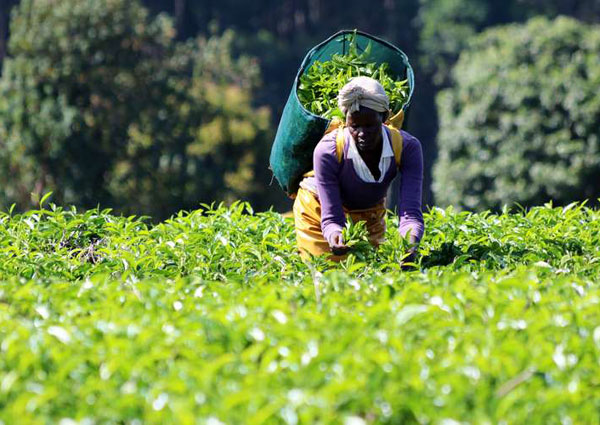
Bomet Governor Dr. Hillary Barchok has urged the national government to suspend 16 percent Value Added Tax (VAT) levy on factories sales in a bid to increase farmers’ earnings.
Dr. Barchok said over-taxation was identified as one of the reasons farmers from the region earned low prices on their tea produce, compared to farmers in the Eastern region.
“Tea farmers in the South Rift have decried the sharp reduction of second payments (tea bonus) to an average of Sh14 this financial year, a decrease from Sh34 per kilogram in the previous fiscal year,” he said.
In a statement from his office on Tuesday, the governor pointed out that there was need for the national government to intervene and save the farmers from the myriad of tribulations they have been subjected to by cartels at the Mombasa tea auction, Kenya Tea Development Agency (KTDA) and Multinational tea firms.

“Tea is a leading foreign exchange earner for the country and it is important that the small scale tea growers get their rightful pay as opposed to the current situation where brokers were laughing all the way to the bank while farmers remain impoverished,” he said.
The governor stated that the 2.5 percent management levy by KTDA to the small scale growers is a huge burden to the already impoverished farmers and should now be abolished.
Meanwhile, several farmers have been uprooting their crops in the South Rift citing poor returns, as they sought to diversify their agricultural investments to cushion themselves from further loss.
But the Governor appealed to tea farmers in the region not to discard their tea bushes assuring them that leaders in the region are engaging all stakeholders in the industry to ensure that farmers benefit from the crop as the current situation is corrected.
“We are exploring all options including selling our tea directly to the new world markets while avoiding the traditional European and Asian markets to ensure that farmers get the value of their produce,” Dr. Barchok stated.